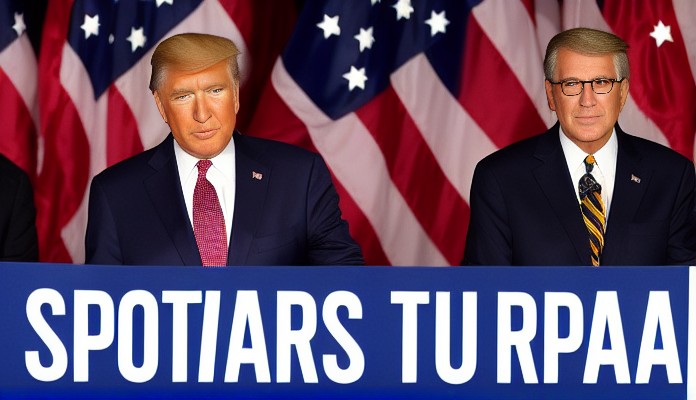Idaho Supreme Court Ruling on Abortion Rights: Pro-Life Advocates Claim Victory
Politics
 Idaho Strict Abortion Ban Upheld by US Supreme Court in Medical Emergencies Ruling
Idaho Strict Abortion Ban Upheld by US Supreme Court in Medical Emergencies Ruling
Supreme Court Ruling Allows Idaho's Strict Abortion Ban in Medical Emergencies
In a shocking turn of events, the US Supreme Court has ruled that the state of Idaho can continue to enforce its strict abortion ban, even in cases where the mother's life is at risk. The ruling comes after a long legal battle between pro-life advocates and pro-choice activists over the state's "Heartbeat" law, which bans abortions once a fetal heartbeat can be detected, typically around six weeks into pregnancy.
The "Heartbeat" law was passed by Idaho voters in 2017 and has been consistently upheld in lower courts. However, pro-choice activists argued that it violates the Constitution's guarantee of a woman's right to choose, while pro-life advocates claimed it was necessary to protect the lives of unborn children. The issue gained national attention and sparked heated debates across the country.
Ruling:
In a 5-4 decision, the Supreme Court rejected the argument by the ACLU and several states that the law infringes on the Constitution's protection against cruel and unusual punishment. Instead, the court sided with Idaho Attorney General Peter Huggins, who argued that the law is constitutional because it does not restrict abortion services based on the type of procedure, but rather on the stage of the pregnancy.
Implications:
While the ruling may seem like a victory for pro-life advocates, it has raised concerns among pro-choice activists and those who support abortion rights. Some argue that the ruling could set a dangerous precedent for other states to follow, allowing them to impose strict abortion restrictions even in cases where they are deemed unnecessary.
The Supreme Court's ruling in favor of Idaho's "Heartbeat" law has significant implications for the legal landscape surrounding abortion rights. While the ruling may be seen as a victory for pro-life advocates, it highlights the complexity of the issue and the need for a nuanced approach to balance competing interests and protect the rights of all individuals involved. As such, it remains to be seen how this ruling will affect the broader debate over abortion rights in the United States.






